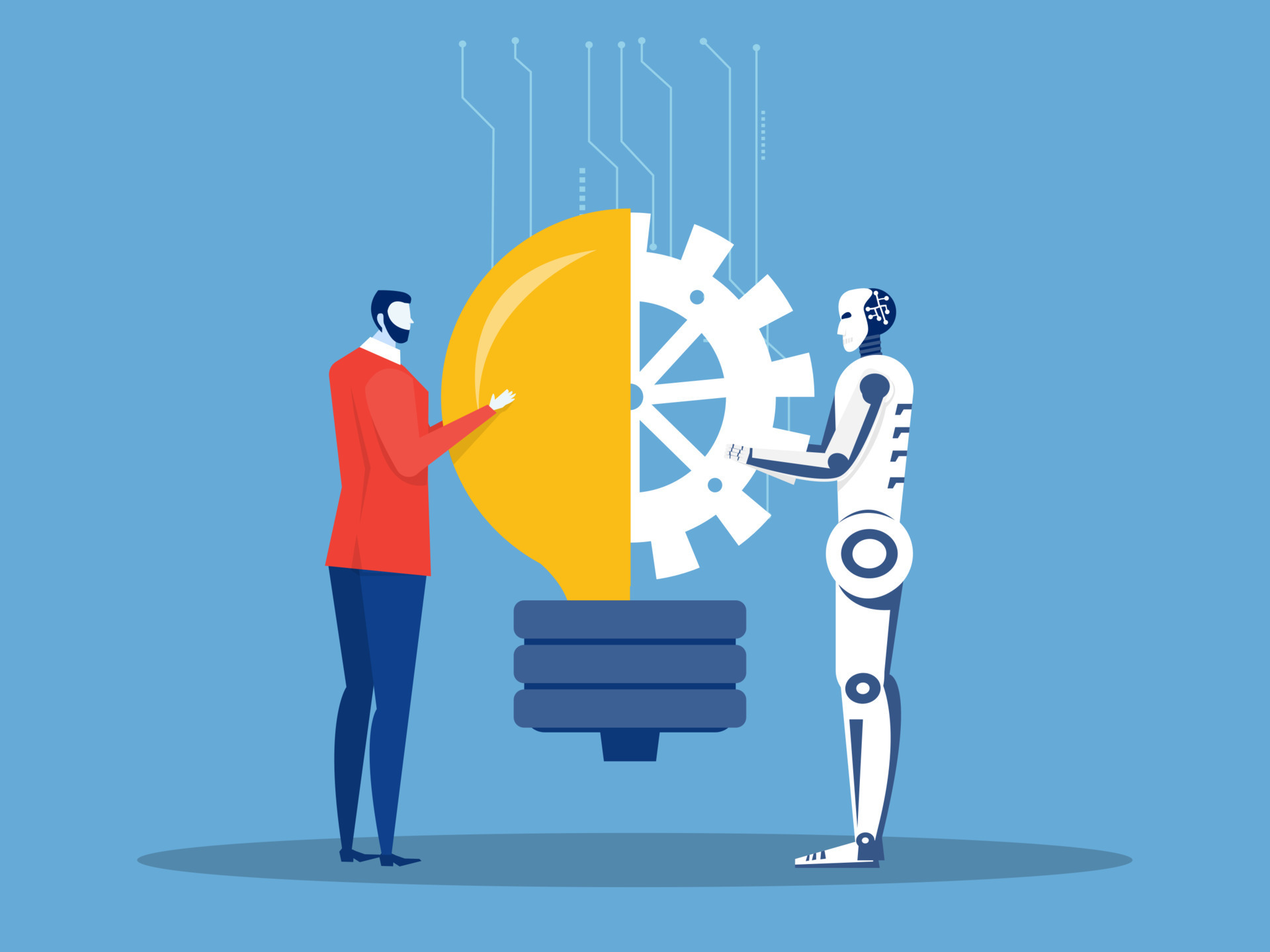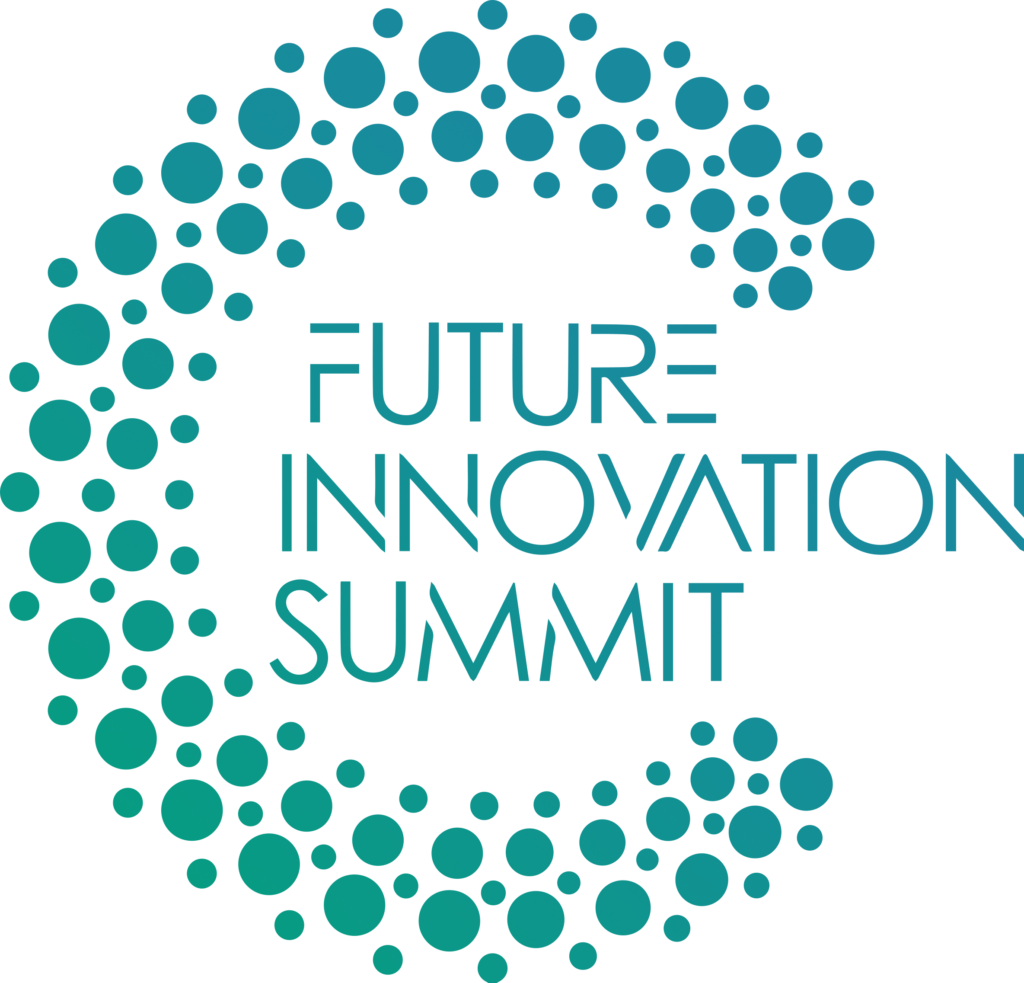As we approach 2025, humanity is on the brink of a transformative era driven by cutting-edge innovation and technology. These advancements promise not only to revolutionize daily life and industries but also to foster a more intelligent, interconnected, and sustainable world. From artificial intelligence (AI) to quantum computing, the technologies emerging today are poised to redefine the way we live, work, and interact. This isn't just about new gadgets or tools; it's about building a future that prioritizes progress, efficiency, and environmental responsibility.
The current age is marked by rapid technological breakthroughs that are reshaping industries and redefining the global economy. Autonomous vehicles, AI-driven healthcare solutions, and renewable energy innovations are just a few examples of how these advancements are making a profound impact. Understanding the trajectory of innovation and technology is vital for individuals, businesses, and policymakers as they navigate the complexities of the modern world. By staying informed, we can better prepare for the opportunities and challenges that await us in the years to come.
Delving deeper into the trends and possibilities ahead, this article explores the key areas of technological advancement that will shape the future. From AI and quantum computing to sustainable energy and smart cities, we will uncover how these innovations are setting the stage for a brighter tomorrow. Join us as we embark on this journey into the future of innovation and technology, where the potential for positive change is limitless.
Read also:The Enchanting Spirit Of Nowruz A Celebration Of Renewal And Harmony
Table of Contents
- Introduction
- Artificial Intelligence Advancements
- Quantum Computing Revolution
- Sustainable Energy Innovations
- Biotechnology Breakthroughs
- The Future of Transportation
- Smart Cities: Urban Transformation
- Healthcare Technologies
- Data Privacy and Security
- Global Impact of Innovation
- Conclusion
Artificial Intelligence: The Heart of Technological Progress
Artificial intelligence stands as a cornerstone of innovation in 2025. No longer confined to the realm of theoretical research, AI has become an indispensable part of various industries, including healthcare, finance, and manufacturing. By 2025, AI is expected to revolutionize business operations, enhance productivity, and transform the way humans interact with technology. Its influence is pervasive, touching nearly every aspect of modern life.
AI in Everyday Life
AI is seamlessly integrating into our daily routines, making tasks easier and more efficient. Virtual assistants, personalized recommendations, and smart home devices are just a few examples of how AI is enhancing our lives. According to a report by McKinsey, AI could contribute up to $13 trillion to the global economy by 2030. This remarkable growth is driven by advancements in machine learning, natural language processing, and computer vision, which are enabling AI systems to learn, adapt, and interpret data with unprecedented precision.
- Machine learning algorithms are becoming increasingly sophisticated, allowing AI systems to process and learn from vast amounts of data.
- Natural language processing is evolving rapidly, enabling more natural and intuitive communication between humans and machines.
- Computer vision technologies are advancing, empowering AI systems to analyze and interpret visual information with greater accuracy.
The Quantum Computing Revolution
Quantum computing represents a paradigm shift in the landscape of innovation and technology. Unlike traditional computers, which rely on binary bits, quantum computers use quantum bits (qubits) to process information. This capability enables them to solve problems that are currently beyond the reach of classical computers. By 2025, quantum computing is expected to have far-reaching implications for fields such as cryptography, material science, and pharmaceutical research.
Applications of Quantum Computing
As quantum computing becomes more accessible, its applications are expanding at an unprecedented rate:
- Cryptography: Quantum computers pose a significant threat to traditional encryption methods, necessitating the development of quantum-resistant algorithms to ensure data security.
- Material Science: Researchers are leveraging quantum computing to simulate and design advanced materials with unique properties, opening new avenues for innovation.
- Pharmaceuticals: Quantum computing is accelerating drug discovery by enabling the simulation of complex molecular interactions, leading to faster and more efficient development of life-saving medications.
Innovations in Sustainable Energy
By 2025, the importance of sustainable energy will be more pronounced than ever. As the world grapples with the challenges of climate change and environmental degradation, the transition to cleaner energy sources has become a global priority. Innovations in renewable energy technologies, such as solar, wind, and hydrogen, are driving this transformative shift toward a greener future.
Key Trends in Sustainable Energy
Several trends are shaping the future of sustainable energy:
Read also:American University Vs Mount St Marys University A Comprehensive Comparison
- Solar Power: Advances in solar panel efficiency and energy storage technologies are making solar power more cost-effective and accessible to a broader audience.
- Wind Energy: The development of offshore wind farms is providing a reliable and scalable source of renewable energy, contributing significantly to global energy needs.
- Hydrogen Fuel: Hydrogen is emerging as a viable alternative to fossil fuels, offering promising applications in transportation, energy storage, and industrial processes.
Biotechnology: Transforming Healthcare and Beyond
Biotechnology is another frontier where innovation and technology are converging to create groundbreaking solutions. From gene editing technologies to personalized medicine, biotechnology is revolutionizing healthcare and enhancing human well-being. These advancements hold the potential to address some of the most pressing health challenges of our time.
CRISPR and Gene Editing
CRISPR technology has revolutionized the field of gene editing, enabling scientists to make precise modifications to DNA. This breakthrough has opened up new possibilities for treating genetic disorders, developing advanced therapies, and advancing medical research. By 2025, CRISPR is expected to play a pivotal role in the evolution of personalized medicine, offering tailored treatments that maximize efficacy and minimize side effects.
The Evolution of Transportation
The future of transportation is being reshaped by innovation and technology, emphasizing efficiency, sustainability, and connectivity. Autonomous vehicles, electric cars, and high-speed transportation systems like the hyperloop are transforming the way we travel. These advancements promise to reduce congestion, lower emissions, and enhance the overall travel experience.
Autonomous Vehicles
By 2025, autonomous vehicles are expected to become a common sight on roads worldwide. Equipped with AI and advanced sensor technology, these vehicles can navigate complex environments, make real-time decisions, and minimize the risk of accidents. Their widespread adoption has the potential to revolutionize urban mobility, improve traffic flow, and enhance road safety.
Smart Cities: The Future of Urban Living
Smart cities are harnessing the power of innovation and technology to create more sustainable, efficient, and livable urban environments. By integrating IoT devices, data analytics, and renewable energy systems, smart cities are setting new standards for urban development. These innovations are not only improving resource management but also enhancing the quality of life for residents.
Key Features of Smart Cities
- IoT Sensors: Smart cities rely on IoT sensors to monitor traffic patterns, air quality, and energy consumption, enabling real-time decision-making and resource optimization.
- Data Analytics: Advanced data analytics tools help city planners make informed decisions, optimize infrastructure, and allocate resources more effectively.
- Renewable Energy: Smart cities prioritize the adoption of renewable energy sources, reducing their carbon footprint and promoting environmental sustainability.
Revolutionizing Healthcare Through Technology
Innovation and technology are transforming the healthcare industry in unprecedented ways. Telemedicine, wearable health devices, and AI-driven diagnostics are just a few examples of how technology is improving patient care, enhancing treatment outcomes, and making healthcare more accessible. These advancements are paving the way for a more patient-centered and data-driven approach to healthcare.
Telemedicine
Telemedicine has gained significant traction, especially during the global pandemic, offering remote healthcare services to patients worldwide. By 2025, telemedicine is expected to become an integral part of healthcare delivery, providing affordable and accessible care to underserved populations. Its widespread adoption has the potential to bridge gaps in healthcare access and improve overall health outcomes.
The Importance of Data Privacy and Security
As the world becomes increasingly interconnected, ensuring data privacy and security has become a critical concern. The future of innovation and technology must prioritize safeguarding personal information and protecting against cyber threats. This commitment to data protection is essential for maintaining trust and fostering continued technological advancement.
Challenges in Data Privacy
Several challenges are shaping the landscape of data privacy in 2025:
- Data Breaches: Cybercriminals are constantly developing new tactics to exploit vulnerabilities, making it imperative for organizations to enhance their cybersecurity measures.
- Regulations: Governments are implementing stricter data protection laws, such as the General Data Protection Regulation (GDPR), to safeguard personal information and ensure compliance.
- Encryption: Advances in encryption technologies are playing a crucial role in securing sensitive data from unauthorized access and cyber threats.
The Global Impact of Technological Innovation
The future of innovation and technology in 2025 will have a profound impact on the global economy, society, and environment. From creating new job opportunities to addressing global challenges such as climate change, innovation has the potential to drive positive change on a massive scale. By fostering collaboration and leveraging technology responsibly, we can create a more equitable and sustainable world for future generations.
Economic Growth
Innovation is a key driver of economic growth, creating new industries while disrupting traditional ones. By 2025, the global economy is expected to benefit significantly from technological advancements, leading to increased productivity, competitiveness, and economic prosperity. This growth will not only create new opportunities but also reshape the way businesses operate and compete in the global marketplace.
Conclusion
The future of innovation and technology in 2025 is brimming with exciting possibilities and challenges. From artificial intelligence and quantum computing to sustainable energy and smart cities, these advancements are reshaping industries and improving our quality of life. As we embrace this era of unprecedented innovation, it is essential to prioritize ethical considerations, data privacy, and environmental sustainability. By doing so, we can ensure that technology serves as a force for good, benefiting humanity as a whole.
We invite you to share your thoughts and insights in the comments section below. Explore other articles on our site to stay informed about the latest trends in technology and innovation. Together, we can shape a brighter and more sustainable future for generations to come.


